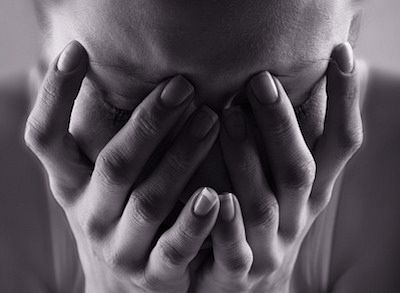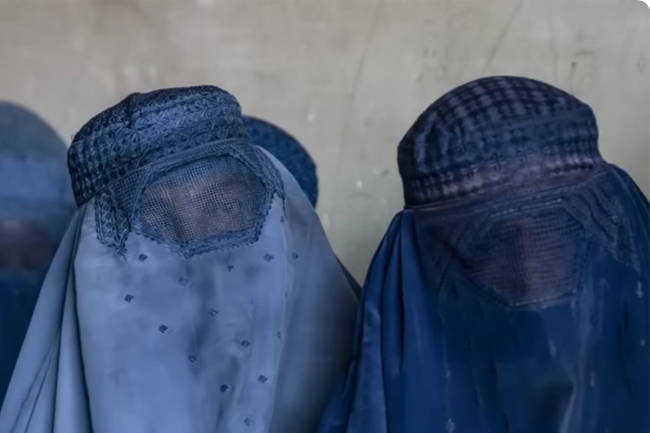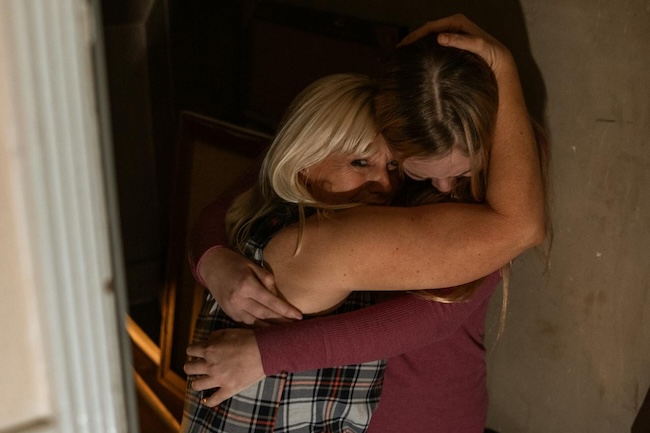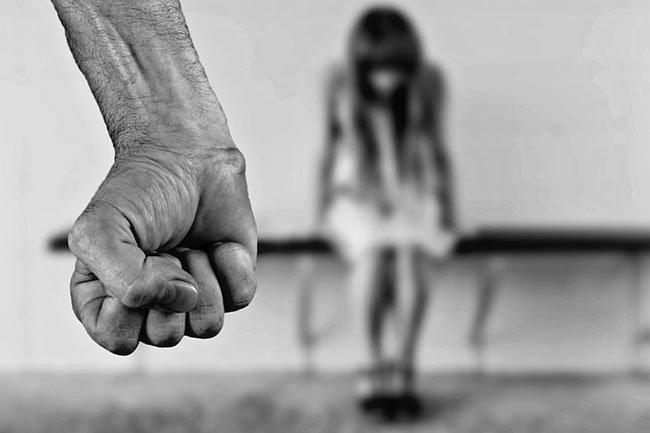In the small territory of Abkhazia, cultural stigmas still hold the threat of forced marriage or death over women. Johanna Higgs reports.
"NOBODY TALKS ABOUT violence against women," said a young Abkhazian journalist, "when I first started writing about women’s issues, I was told that it would only bring me trouble".
We were sitting in one of the biggest hotels in Sukhumi, the capital of the small territory of Abkhazia.
Her voice dropped to a whisper and she explained that while she was interested in women’s rights, there were few journalists in Abkhazia who would speak about it:
"There is an old Russian saying in Abkhazia that if a man beats his wife he loves her. Domestic violence is a really big problem here, the problem is, few women will speak about it."
Abkhazia.
A small and largely unknown territory sitting on the banks of the Black Sea. Bordered by both Russia and Georgia, the small territory and its political struggles have remained largely unknown by much of the world. Previously part of the Soviet Union, it became part of Georgia after the Soviet Union fell apart. However, like many groups in the region, Abkhazia wanted independence and attempted to separate from Georgia in 1992, after which a long and bloody war ensued.
While Abkhazia was unsuccessful in obtaining their independence after the war, they did formally declare independence in 1999. However, they have only received recognition from Russia, their biggest supporter, as well as Venezuela, Nicaragua, South Ossetia and Transnistria. The rest of the world is yet to recognise the small territory, including Georgia.
As a result, the country has been left in social and economic isolation, which has had serious ramifications for the small territory.
Impoverished and underdeveloped, in the capital Sukhumi, buildings lay in tatters, either blown to smithereens or left abandoned, bullet holes sprayed throughout what remains. The many crumbling, Communist-style block housing buildings throughout the city are evidence of the region’s long Soviet history.
It's an influence which continues today, as can be seen by the Russian soldiers that guard the unofficial border that separates Abkhazia and Georgia. Indeed, most of the media in Abkhazia come from Russia, the Russian ruble is used and even the clock is set on Moscow time.
The economic isolation and limited influences from outside have meant that Abkhazia has stayed largely traditional — a fact that has had serious ramifications for women’s rights in the country.
As in much of the world, violence against women is a serious problem in Abkhazia, a problem that is largely surrounded by silence. Culture is the culprit here, and ideas of honour and shame that blame women for the violence perpetrated against them often render them silent.
Most of the women interviewed for this article asked not to be named, afraid of the stigma that comes with speaking up about women’s rights. This was only the first sign that women were not faring so well in this small ex-Soviet territory.
In an interview with an activist from International Alert, an organisation working on conflict prevention, she explained that domestic violence and strict traditions are the main problems for women in Abkhazia:
"There is abuse in the family; there is a lot of shouting. Women don’t realise that this a human right rights violation. A lot of women here are afraid to divorce because of the culture, they fear that people will criticise her."
"We have some very strict traditions which cause difficulties in women’s lives," she added. "Men are dominant everywhere. There are some traditions that should be eradicated because they directly violate women’s rights".
For a Russian journalist who grew up in Abkhazia during the Soviet times, she agreed that domestic violence, among many other problems, are prevalent in Abkhazia. Problems which she also attributed to the traditional nature of Abkhazian society.
She explained:
"Up until the 1930s, most Abkhazian’s were living in isolated communities in the mountains. They didn’t start to move out of these communities until the Soviet Union started to make beaches and places where people could live, which is most likely why Abkhazia has remained so traditional."
Traditions such as bride kidnapping, forced marriage and honour killings.
An honour killing is where usually a woman or a girl is killed by a family member for a perceived sexual transgression. This usually includes having a sexual relationship outside of marriage, but can also include even being suspected of having a relationship. It is believed that the only way to restore the honour of the family is to kill her.
All the women I spoke with in Abkhazia confirmed that there had been several cases of honour killings in recent times, something all of the women were deeply concerned about.
Liana Kvarchelia, who was from the Centre for Humanitarian Programmes at the time, felt that the rise in honour killings was due to a lack of moral authority in Abkhazia. "We are seeing women being killed by their families," she said.
These ideas are also centred around cultural values of honour and shame, where a woman is only deemed valuable if she is able to marry, which she can only do if she is a virgin. If she has a sexual relationship outside of marriage, or she is raped, then she is no longer able to marry because she is no longer considered valuable.
"People generally try to hide sexual violence," a journalist in Sukhumi explains. "In some cases, if a girl has been raped, then they try to find the rapist and make him marry the girl".
She continued:
"There also used to be bride kidnapping here. They would force the girls to marry the man who kidnapped her because of this idea that she has been disgraced if she has been assaulted and she won’t be a virgin for her new husband. The girl will just agree to stay with him so that a fight doesn’t begin in the family. The family will allow it as well."
All the women I met were deeply concerned about the violence women were facing in Abkhazia and all of them wanted to see a change — a change that they believed could be achieved with education. However, in order for this to happen, they said, the social and economic isolation of Abkhazia needed to stop. They needed access to the outside of the world.
"If women are educated, then they would know that they are being discriminated against," said the activist from Alert, "but, unfortunately, here in Abkhazia women are isolated and they don’t have education or their rights".
"We need to raise awareness about women’s rights."
Johanna Higgs is an anthropologist and founder of Project MonMa, which advocates for women’s rights around the world.
 This work is licensed under a Creative Commons Attribution-NonCommercial-NoDerivs 3.0 Australia License
This work is licensed under a Creative Commons Attribution-NonCommercial-NoDerivs 3.0 Australia License
Support independent journalism Subscribe to IA.












